一、前言
众所周知,作为一名phper,对php有些功能的缺失有时会感到尴尬,比如:调用ffmpeg视频处理工具。没有专门的扩展来操作的,什么?利用php system函数调用?对于开源的php脚本,这太不安全了!这个时候作为深资的phper会考虑开发php扩展,在扩展中实现对ffmpeg的操作。
为什么要使用php扩展?
优点:
- php扩展是C开发的,那速度没得说。
- 耦合性高,它的出现就是用来增强php的。
- 安全性高,毕竟扩展是编译后的程序,代码不开源。
缺点:
- 需针对php版本及系统环境进行开发,那么就比较麻烦了。也就是说7.4版本的php,liunx环境下开发的扩展,只支持该php版本及系统。
- 需要会C、C++,当然本文是以rust进行开发,对C的数据类型进行了解,对rust FFI的操作及数据类型转换需精通。
- 调试相对麻烦。
为什么要用rust开发php扩展?
原因很简单,这还要说起rust的语言特性
因“所有权”的特性使你的程序更安全,不会像C那样出现各种“玄学BUG”。拥有C一样的性能,我还是很看好它的发展。
rust开发php扩展流程:
当然,rust目前是没有专门开发php扩展的骨架。所以我的逻辑也很简单,利用rust开发静态库暴露给C【涉及FFI的了解】。我们在php官方骨架中直接引入rust静态库调用其方法即可。
二、开发环境与流程
开发环境
宝塔【CentOS 7.6】、GCC【涉及php扩展骨架的编译,我这里系统内置就有,如果编译扩展报相关错了自行安装】
开发整体流程:
1、准备宝塔,安装这里就不说了
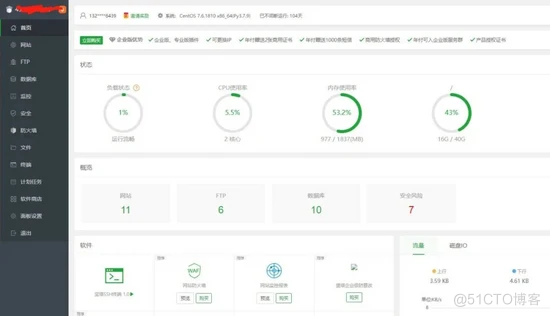
这里我们以开发php7.4扩展为例。
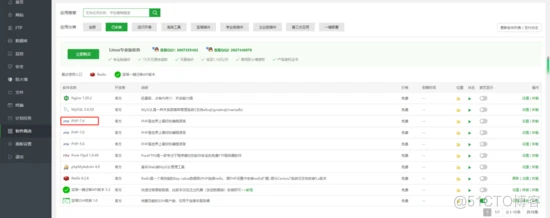
2、下载php7.4 liunx版源码
php官网: https://www.php.net/

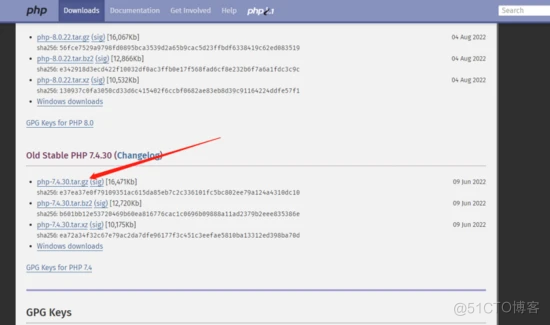
注意!该源码版本必须与你环境php版本完全一致!!!
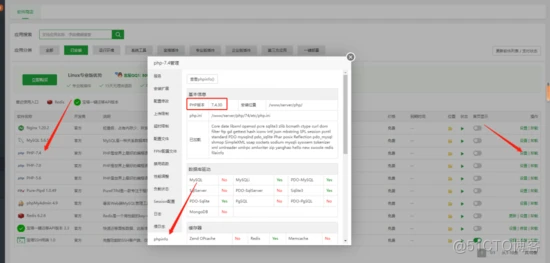
3、上传php源码到宝塔
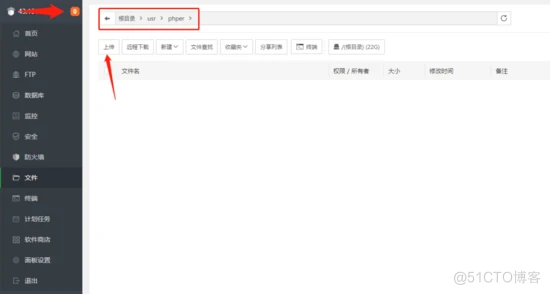
在usr下创建一个phper文件夹,然后将源码压缩包上传到此处。
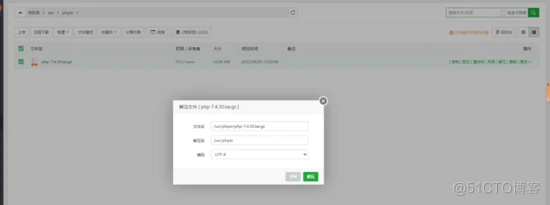
解压该压缩包
4、创建一个我们自己的扩展
/usr/phper/php-7.4.30/ext目录下有这么一个php文件,它可以创建扩展!

注意设置命令行版本,因为接下来利用php命令必须是版本一致的!
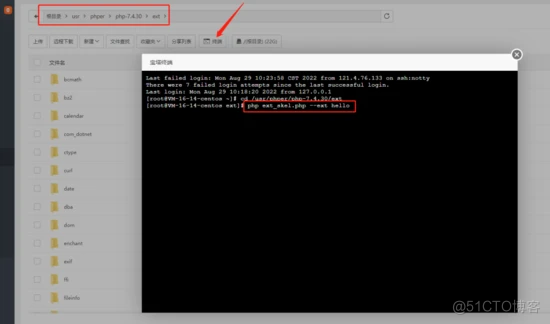
在刚刚的目录下,点击终端,输入创建扩展命令。
php ext_skel.php --ext 扩展名称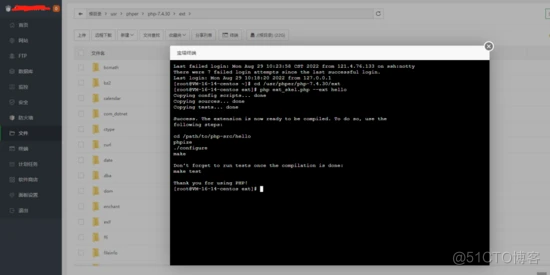
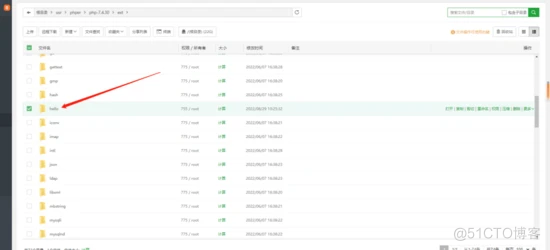
这里就多出了一个新的扩展源码文件。
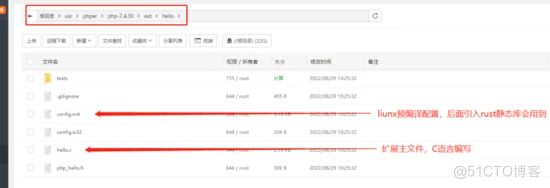
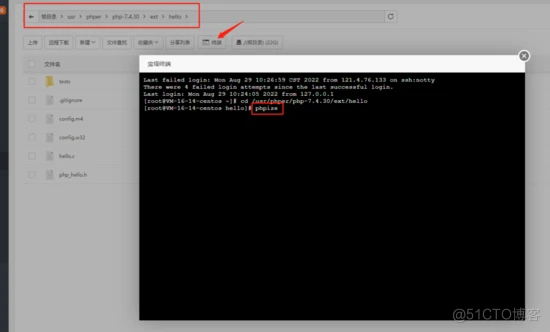
在该目录下点击终端,输入:
phpize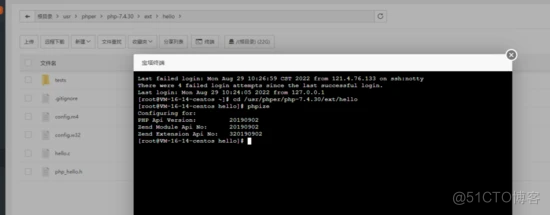
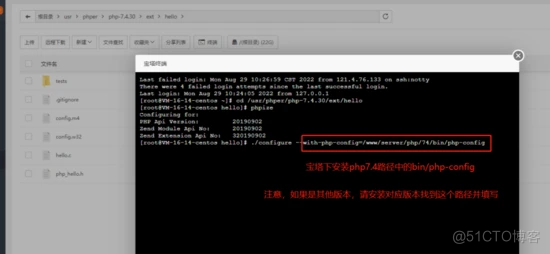
接着输入:
./configure --with-php-config=/www/server/php/74/bin/php-config注意这个参数php路径,如果是别的版本,请自行在宝塔里安装找到对应版本路径,它们都是放一起的。
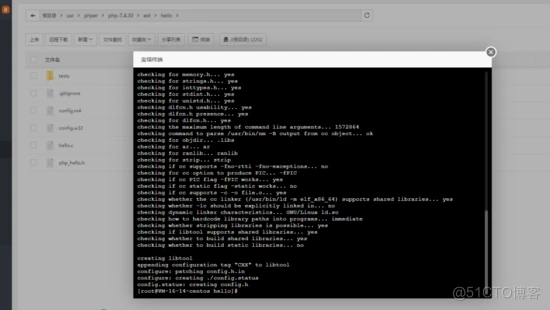
回车开始进行检查了
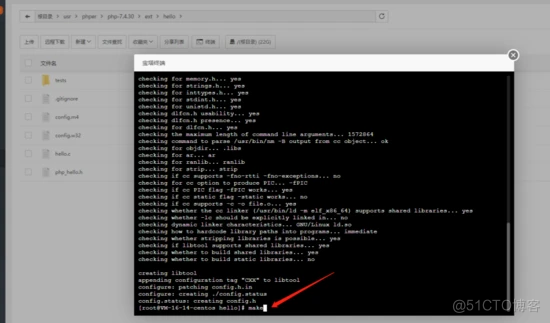
最后输入:
make进行编译。
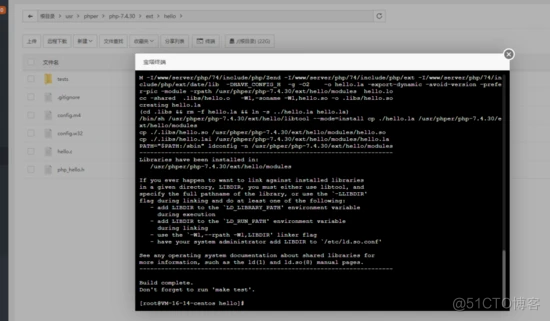
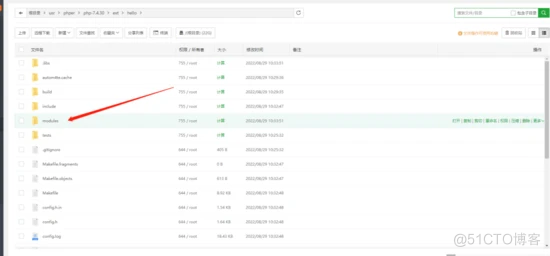
这个目录下便是编译出来的so扩展最终文件了!
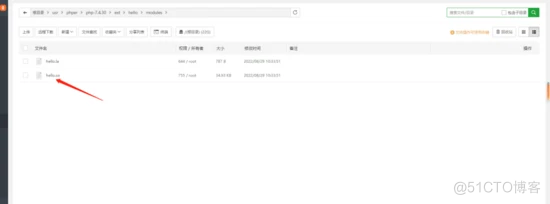
让我们看下默认生成的扩展有哪些功能
查看主文件【需了解php扩展骨架,这里以它默认给的为例。
也就是说,刚刚编译出来的扩展,是有这两个函数的,咱们测试一下玩玩。
注意!每次修改主文件,都需要重新按上述命令跑一遍,否则不生效,很奇怪!
phpize./configure --with-php-config=/www/server/php/74/bin/php-config
make
5、使用扩展

复制刚刚生成的扩展文件到我们php环境的扩展里

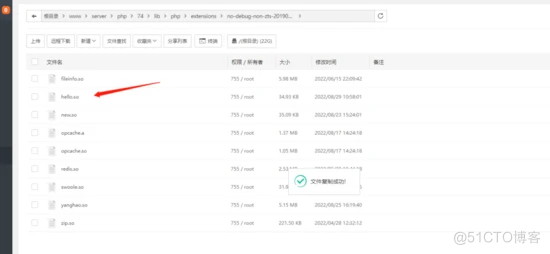
配置php.ini加载hello.so扩展
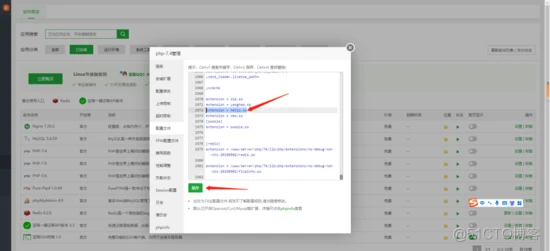
保存后记得重新启动下php,否则不生效的!
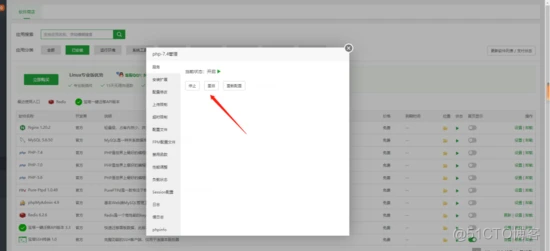
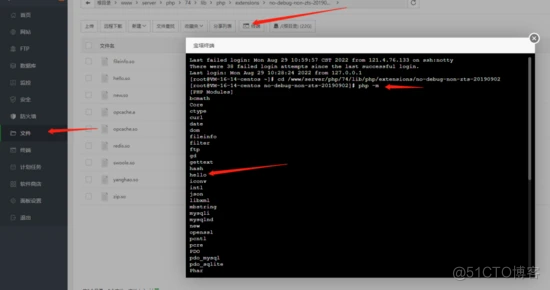
在文件管理中点击终端,输入:
php -m可以看到我们的扩展在列表中了。
创建一个站点,测试下扩展中两个函数。
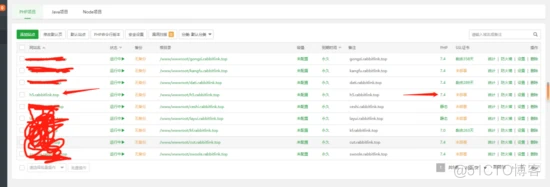
看好,php版本是7.4
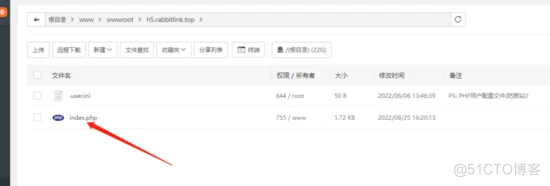
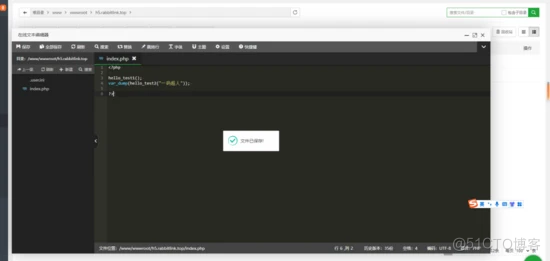
访问站点,发现没有问题。
当然也可以通过命令行运行php脚本查看结果【前提是网站那里php命令行版本设置的7.4】
php index.phpOK!从创建到生成到使用扩展的流程结束,接下来才进入正题,开始用rust开发扩展。
6、rust与php扩展的整合开发
开发工具:CLion
需要rust环境与CLion中rust插件的安装与配置,这个自行去百度,比我想象中的全!
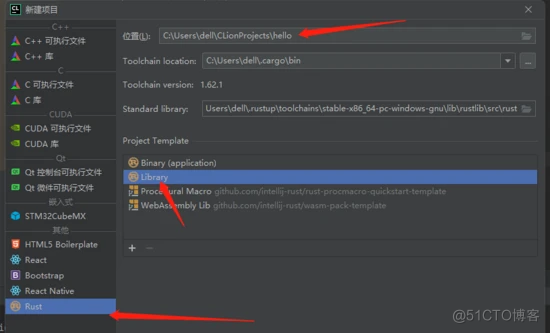
创建一个hello命名的库项目
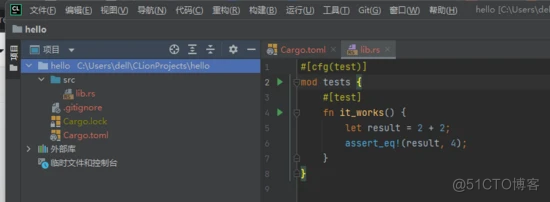
我们写两个导出函数,分别是加法功能和base64字符串解析功能。
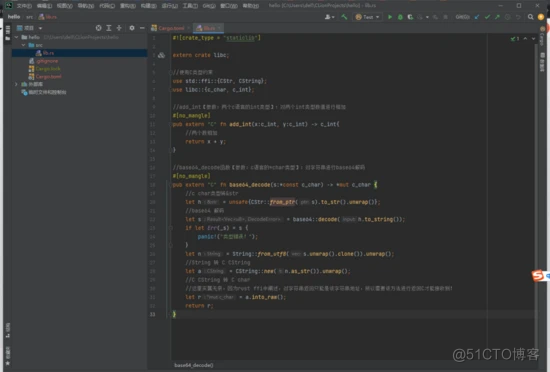
lib.rs
#![crate_type = "staticlib"]extern crate libc;
//使用C类型约束
use std::ffi::{CStr, CString};
use libc::{c_char, c_int};
//add_int【参数:两个c语言的int类型】:对两个int类型数值进行相加
#[no_mangle]
pub extern "C" fn add_int(x:c_int, y:c_int) -> c_int{
//两个数相加
return x + y;
}
//base64_decode函数【参数:c语言的*char类型】:对字符串进行base64解码
#[no_mangle]
pub extern "C" fn base64_decode(s:*const c_char) -> *mut c_char {
//c char类型转&str
let h = unsafe{CStr::from_ptr(s).to_str().unwrap()};
//base64 解码
let s = base64::decode(h.to_string());
if let Err(_s) = s {
panic!("类型错误!");
}
let n = String::from_utf8(s.unwrap().clone()).unwrap();
//String 转 C CString
let a = CString::new(n.as_str()).unwrap();
//C CString 转 C char
//这里实属无奈,因为rust ffi中阐述,对字符串返回只能是该字符串地址,所以需要该方法进行返回C才能接收到!
let r = a.into_raw();
return r;
}

Cargo.toml
[package]name = "hello"
version = "0.1.0"
edition = "2021"
# See more keys and their definitions at https://doc.rust-lang.org/cargo/reference/manifest.html
[lib]
name = "hello"
crate-type = ["staticlib"]
[dependencies]
libc = "*"
base64 = "0.12.1"
注意在编译过程中涉及系统类型,不然在引入该静态库编译扩展可能报错,提示不支持。
编译64位静态库
rustup target add x86_64-unknown-linux-musl
cargo build --target x86_64-unknown-linux-musl --release
编译32位静态库
rustup target add i686-unknown-linux-musl
cargo build --target i686-unknown-linux-musl --release
这里我们是64位系统。
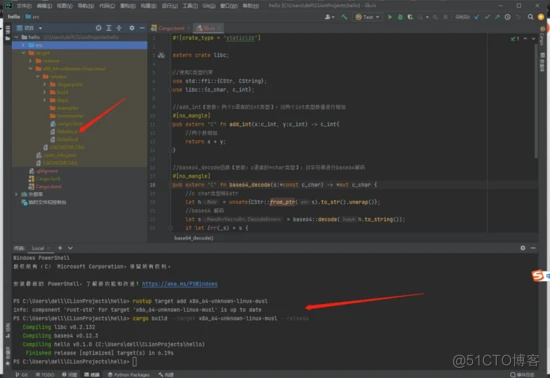
会生成一个.a文件,该文件便是liunx支持的静态库文件。
生成支持C语言的胶水头文件【用于C调用该库需要写的函数声明,很方便】
创建 cbindgen.toml 文件
内容:
language = "C"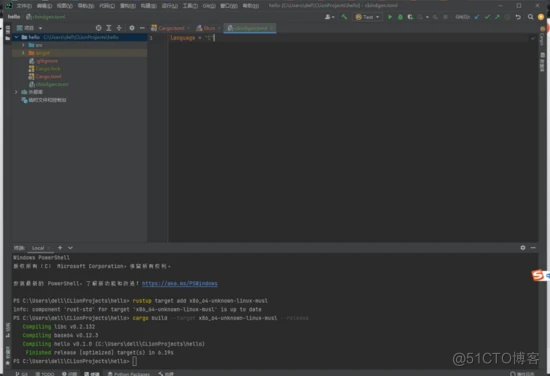
安装cbindgen,创建头文件。
cargo install --force cbindgencbindgen --config cbindgen.toml --crate 项目名称 --output 头文件名称.h
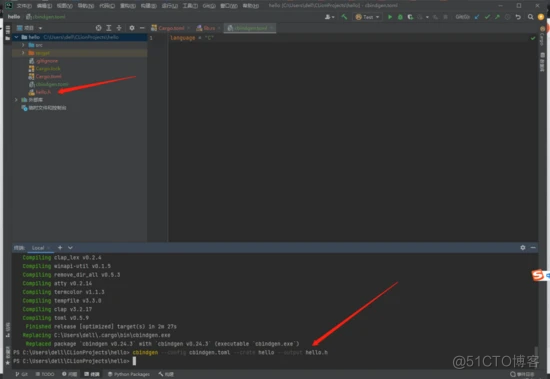
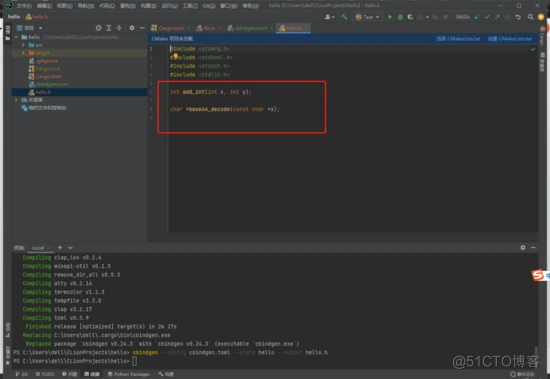
自动生成了C语言的函数声明hello.h文件,用于调用。
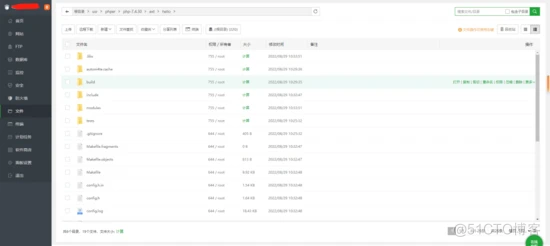
回到之前我们创建的hello扩展
创建lib文件夹
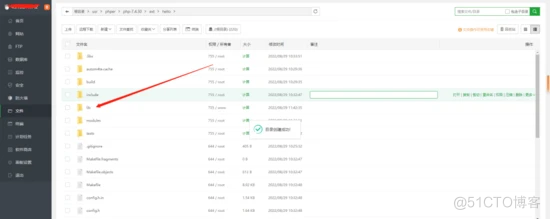
将刚刚编译出来的静态库.a文件上传到lib目录下

将刚刚创建的.h头文件上传到扩展目录下
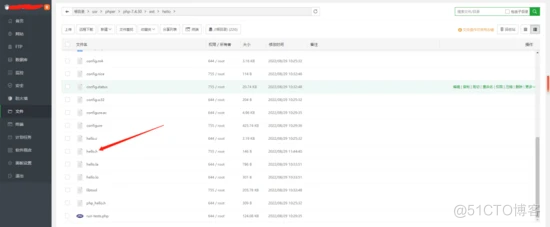
配置.m4预编译文件【关键】
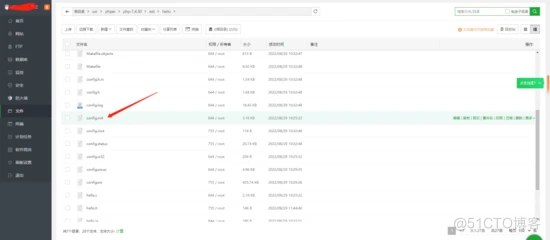
设置引入lib文件夹中的静态库文件
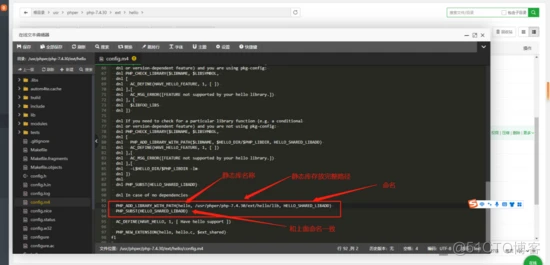
PHP_SUBST(HELLO_SHARED_LIBADD)
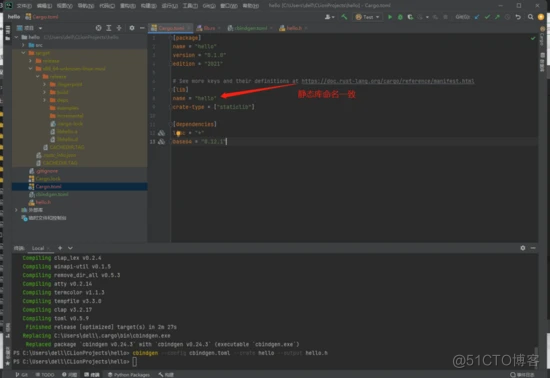
保存.m4
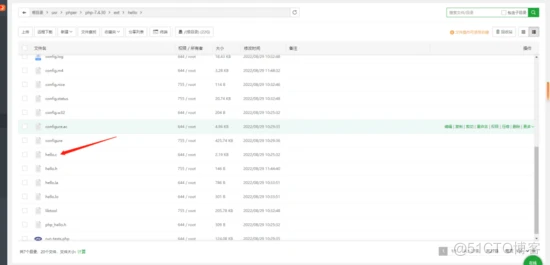
编写主文件
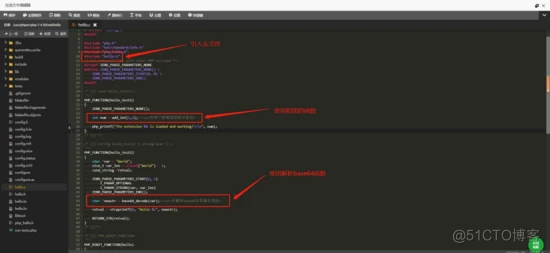
#ifdef HAVE_CONFIG_H
# include "config.h"
#endif
#include "php.h"
#include "ext/standard/info.h"
#include "php_hello.h"
#include "hello.h"//引入头文件
/* For compatibility with older PHP versions */
#ifndef ZEND_PARSE_PARAMETERS_NONE
#define ZEND_PARSE_PARAMETERS_NONE() \
ZEND_PARSE_PARAMETERS_START(0, 0) \
ZEND_PARSE_PARAMETERS_END()
#endif
/* {{{ void hello_test1()
*/
PHP_FUNCTION(hello_test1)
{
ZEND_PARSE_PARAMETERS_NONE();
int num = add_int(1,2);//rust中两个数相加函数并返回。
php_printf("The extension %d is loaded and working!\r\n", num);
}
/* }}} */
/* {{{ string hello_test2( [ string $var ] )
*/
PHP_FUNCTION(hello_test2)
{
char *var = "World";
size_t var_len = sizeof("World") - 1;
zend_string *retval;
ZEND_PARSE_PARAMETERS_START(0, 1)
Z_PARAM_OPTIONAL
Z_PARAM_STRING(var, var_len)
ZEND_PARSE_PARAMETERS_END();
char *newstr = base64_decode(var);//rust中解析base64字符串并返回。
retval = strpprintf(0, "Hello %s", newstr);
RETURN_STR(retval);
}
/* }}}*/
/* {{{ PHP_RINIT_FUNCTION
*/
PHP_RINIT_FUNCTION(hello)
{
#if defined(ZTS) && defined(COMPILE_DL_HELLO)
ZEND_TSRMLS_CACHE_UPDATE();
#endif
return SUCCESS;
}
/* }}} */
/* {{{ PHP_MINFO_FUNCTION
*/
PHP_MINFO_FUNCTION(hello)
{
php_info_print_table_start();
php_info_print_table_header(2, "hello support", "enabled");
php_info_print_table_end();
}
/* }}} */
/* {{{ arginfo
*/
ZEND_BEGIN_ARG_INFO(arginfo_hello_test1, 0)
ZEND_END_ARG_INFO()
ZEND_BEGIN_ARG_INFO(arginfo_hello_test2, 0)
ZEND_ARG_INFO(0, str)
ZEND_END_ARG_INFO()
/* }}} */
/* {{{ hello_functions[]
*/
static const zend_function_entry hello_functions[] = {
PHP_FE(hello_test1, arginfo_hello_test1)
PHP_FE(hello_test2, arginfo_hello_test2)
PHP_FE_END
};
/* }}} */
/* {{{ hello_module_entry
*/
zend_module_entry hello_module_entry = {
STANDARD_MODULE_HEADER,
"hello", /* Extension name */
hello_functions, /* zend_function_entry */
NULL, /* PHP_MINIT - Module initialization */
NULL, /* PHP_MSHUTDOWN - Module shutdown */
PHP_RINIT(hello), /* PHP_RINIT - Request initialization */
NULL, /* PHP_RSHUTDOWN - Request shutdown */
PHP_MINFO(hello), /* PHP_MINFO - Module info */
PHP_HELLO_VERSION, /* Version */
STANDARD_MODULE_PROPERTIES
};
/* }}} */
#ifdef COMPILE_DL_HELLO
# ifdef ZTS
ZEND_TSRMLS_CACHE_DEFINE()
# endif
ZEND_GET_MODULE(hello)
#endif
删除之前生成的扩展文件

重新生成扩展
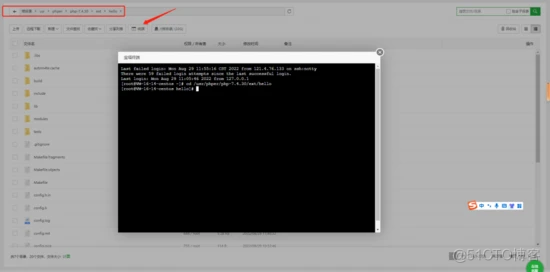
phpize
./configure --with-php-config=/www/server/php/74/bin/php-config
make

大小都变了,说明我们的静态库在里面了哈哈。
按上述使用扩展流程替换扩展
注意!替换扩展文件后要重启PHP哦,不然不生效!
7、测试rust开发的php扩展!
网页测试和命令行测试
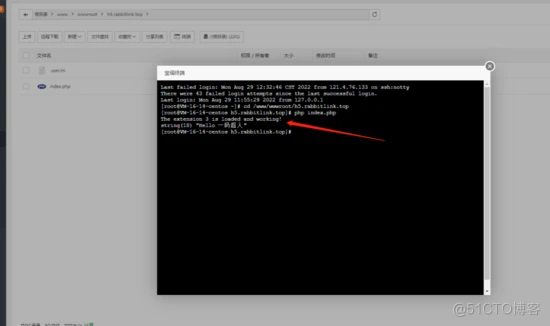
也可以通过php扩展骨架直接进行测试
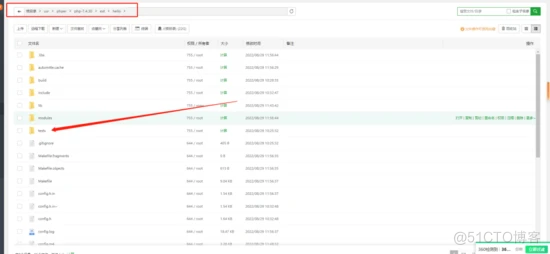
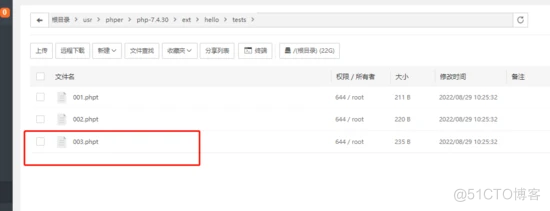
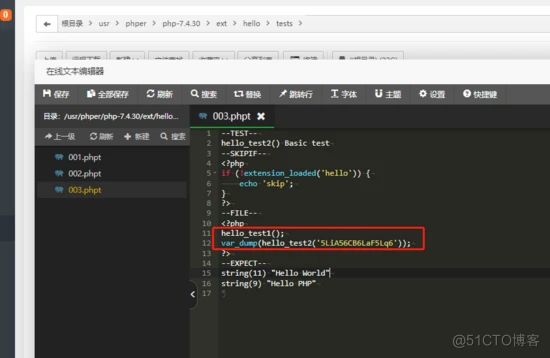
编写要执行测试的扩展函数
--TEST--
hello_test2() Basic test
--SKIPIF--
<?php
if (!extension_loaded('hello')) {
echo 'skip';
}
?>
--FILE--
<?php
hello_test1();
var_dump(hello_test2('5LiA56CB6LaF5Lq6'));
?>
--EXPECT--
string(11) "Hello World"
string(9) "Hello PHP"
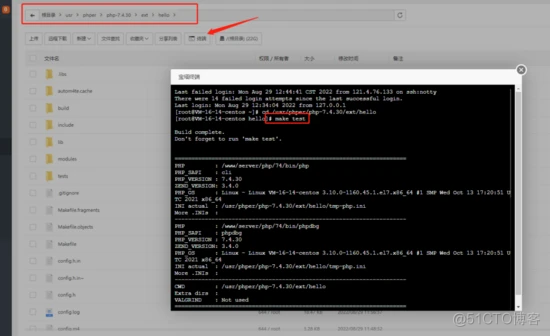
扩展目录下直接输入:
make test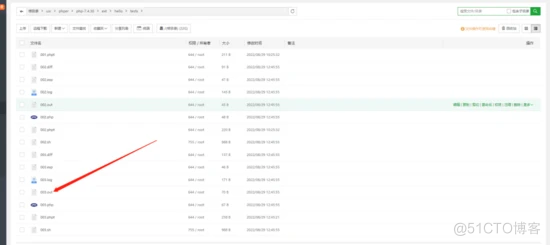
执行后 tests目录下输出了一个.out文件
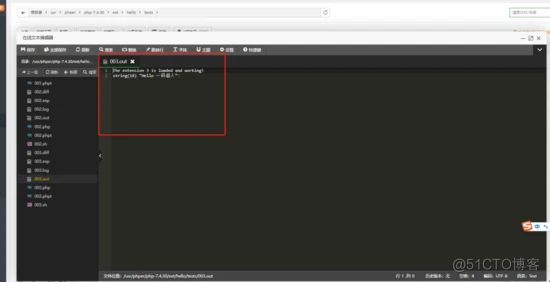
是 不是这样更方便了呢?
【转自:韩国lg机房 http://www.558idc.com/lg.html欢迎留下您的宝贵建议】